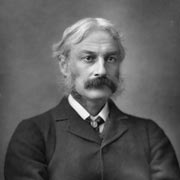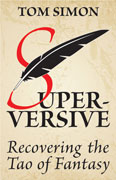Continued from Part 1.
Throughout the 1970s, the ‘New Hollywood’ had been establishing itself. Heroes and villains, Westerns and war movies, were out of fashion. The critics’ new darlings were men like Coppola and De Palma, who pointed their cameras at the mundane and the sordid. The good characters in the new films were ineffectual; the effectual characters, as a general thing, were unselfconsciously evil. This refusal to engage ethical reality was called ‘moral ambiguity’, and praised; the tight focus on a narrow and unrepresentative segment of modern city life was called ‘realism’, and praised more strongly still.
So far as the film business was concerned, fantasy, like animation, was banished to the realm of children’s movies. Such things were considered beneath a grown-up audience, and Hollywood as a whole was trying to be very grown-up indeed. One or two cracked auteurs tried to make animated fantasies for adults, and succeeded in making cult films for stoners and adolescents. [Read more…]









Recent Comments